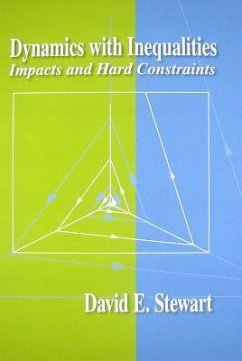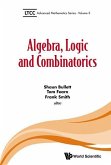This is the first book that comprehensively addresses dynamics with inequalities. The author develops the theory and application of dynamical systems that incorporate some kind of hard inequality constraint, such as mechanical systems with impact; electrical circuits with diodes (as diodes permit current flow in only one direction); and social and economic systems that involve natural or imposed limits (such as traffic flow, which can never be negative, or inventory, which must be stored within a given facility). Dynamics with Inequalities: Impacts and Hard Constraints demonstrates that hard limits eschewed in most dynamical models are natural models for many dynamic phenomena and there are ways of creating differential equations with hard constraints that provide accurate models of many physical, biological and economic systems. The author treats finite- and infinite-dimensional problems in a unified way, so that the theory is applicable to both ordinary differential equations and partial differential equations. This is the first book that comprehensively addresses dynamics with inequalities. It will be useful for applied mathematicians, engineers, physicists and economists studying dynamical systems with hard inequality constraints.
Hinweis: Dieser Artikel kann nur an eine deutsche Lieferadresse ausgeliefert werden.
Hinweis: Dieser Artikel kann nur an eine deutsche Lieferadresse ausgeliefert werden.








